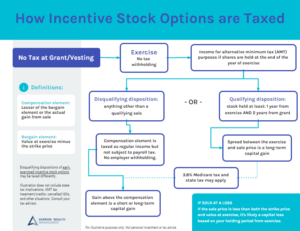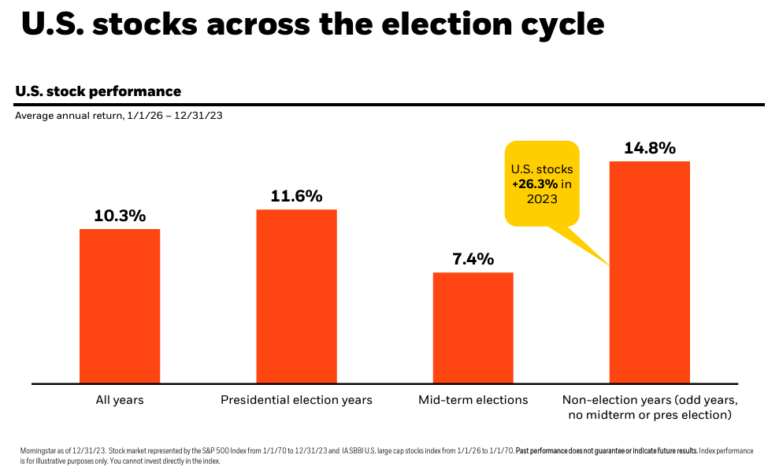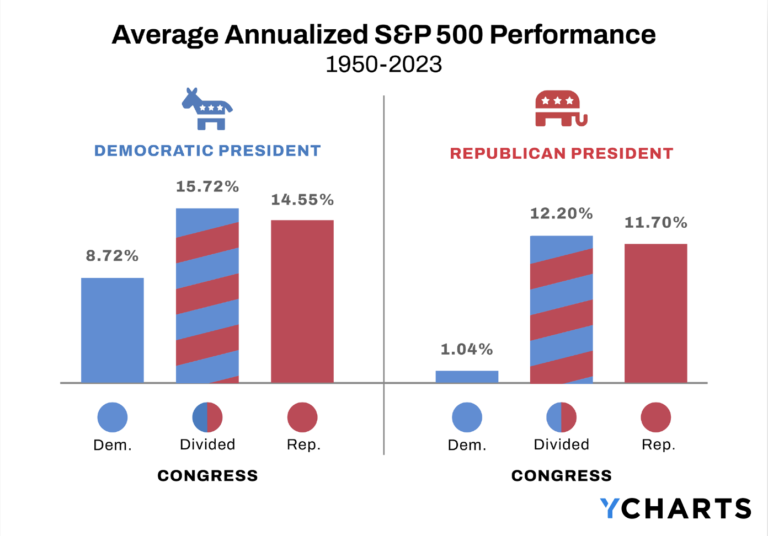Losing your job is stressful. If you’ve been laid off, you may be wondering what will happen to your stock options or restricted stock units. It will depend on some specific details about your company, grant agreement, and the type of stock options or awards you have. Here’s what you need to know about what can happen to stock options or awards if you lose your job.
What happens to company grants or stock options after being laid off?
Some executives are surprised to learn that the reason they leave your job can impact what happens to their stock options or RSUs. So what happens if you are laid off?
Vested stock options
If you have vested incentive stock options or non-qualified stock options, you will likely have a period of time to exercise your stock options. For ISOs, the period is usually up to 90 days, but it can be longer if you have NQSOs. When you have stock at a private company, the company may have the right to repurchase your shares. This could happen even if you already exercised your options (more on that later). Your equity plan agreement will have more details about what can happen in these types of situations.
Even if you can exercise your options, you will need to consider whether you should. Especially hard-hit companies may suffer steep declines in their stock price, causing stock options to go underwater, which is when the exercise (or strike) price is greater than the current stock price. In this case, your options are worthless. Even if the stock price is in-the-money relative to your options, if you’ve just suddenly lost your job, you may have more pressing needs for the cash you have on hand.
One strategy to consider (if permitted in your plan) is to a cashless or net exercise. So you don’t use any of your money to buy the shares. There are many other considerations here, including tax consequences, so work with an advisor to discuss your personal situation.

What Does a Down Round Means for Your Stock Options?
Work with a Stock Option Advisor
Unvested stock options
Generally, once your employment ends, you will lose any unvested stock options. Again, some stock agreements can provide exceptions for certain events. Since retirement, layoffs, or furlough could be one of them, you will need to check your agreements.
This is especially important if you’ve been furloughed, which is essentially a temporary lay off. You will need to understand whether the company considers you as a current employee.
Restricted stock units and restricted stock
As with unvested stock options, RSUs and restricted stock awards are almost always driven entirely by vesting: if you stop working at the company before the shares vest, you don’t get them. If your restricted stock units or awards have vested, then you already have shares of company stock (though some pay cash instead). Unfortunately, if layoffs happen before vesting, you likely won’t receive anything. Again, check your agreements, especially if you are furloughed.
When Should You Exercise Stock Options?
Clawback provisions and repurchase rights for private companies
If you work for a startup, often the greatest value of your stock will follow an exit event such as a merger or acquisition or an IPO. But if you’re laid off before an exit event, you may lose out on the upside. This can happen even if you’ve already exercised your options.
Clawback provisions or repurchase rights give a company the right to buy back vested shares after a triggering event (e.g. you getting laid off or furloughed). Shares can be repurchased even if you already exercised the options. The repurchase price is typically your exercise price or the market value of the stock at the time.
Will I be ok? Other personal finance considerations after suddenly losing your job
If you’ve been unexpectedly laid off, you likely have a number of questions about what your options are and whether your financial situation can withstand a prolonged period of unemployment. Learn more about our wealth management program and how we can work to help individuals during a job transition.











